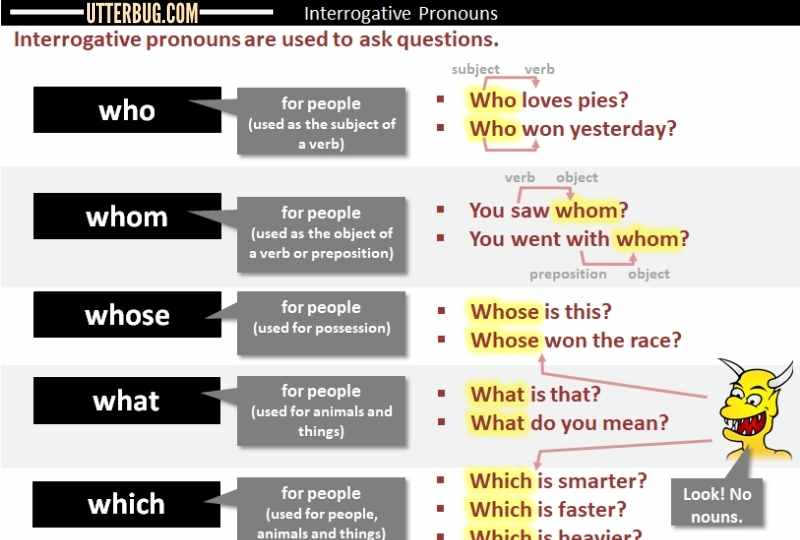What is interrogative Pronoun and Examples?

Interrogative pronouns are used to ask direct questions in Spanish. They are used at the beginning of the question. In Spanish, question marks are used in the beginning and at the end of the interrogative sentences.
When we use the interrogative pronouns in the question, we cannot answer yes or no. We have to provide specific information about objects, actions, places, and time. Below are the Interrogative pronoun statements most commonly used.
Who -> quién
what ->qué
How -> cómo
Where - > dónde
When -> cuándo
How Long -> cuánto(s)/cuánta(s), cuánto
How Many/How Much -> tiempo
Why -> por qué
Here are 25 Interrogative Sentence Examples

Here are 25 Interrogative Sentences Examples
What is called Interrogative Pronoun?

In English and Spanish Language, the main interrogative pronouns are
what
which,
who,
whom
and whose.
The Purpose of Interrogative pronouns is to to ask questions. The other, less common interrogative pronouns are the same as the ones above but with the suffix "-ever" or "-soever" (e.g., "whatever," "whichever," "whatsoever," "whichsoever").
What is difference between relative and interrogative pronouns?

Relative pronouns are connected to a noun. Example Which muffin? which is the relative pronoun. Interrogative is connected to a question without any antecedent .
The Two Types of Interrogative Sentences

The most basic approach to the classification of interrogative sentences is to sort out the reasons why the judgment is not attainable. Two main types are true-false questions and supperlative questions (interrogative-word questions).
What is the difference between interrogative pronoun and interrogative adverb?

Take a quick test. Interrogative adverbs contrast with interrogative determiners ("what," "which," "whose") and interrogative pronouns ("what," "which," "who," "whom," and "whose"). Interrogative determiners modify nouns (e.g., Which muffin is best?), while interrogative pronouns stand alone (e.g., Which is best?).






